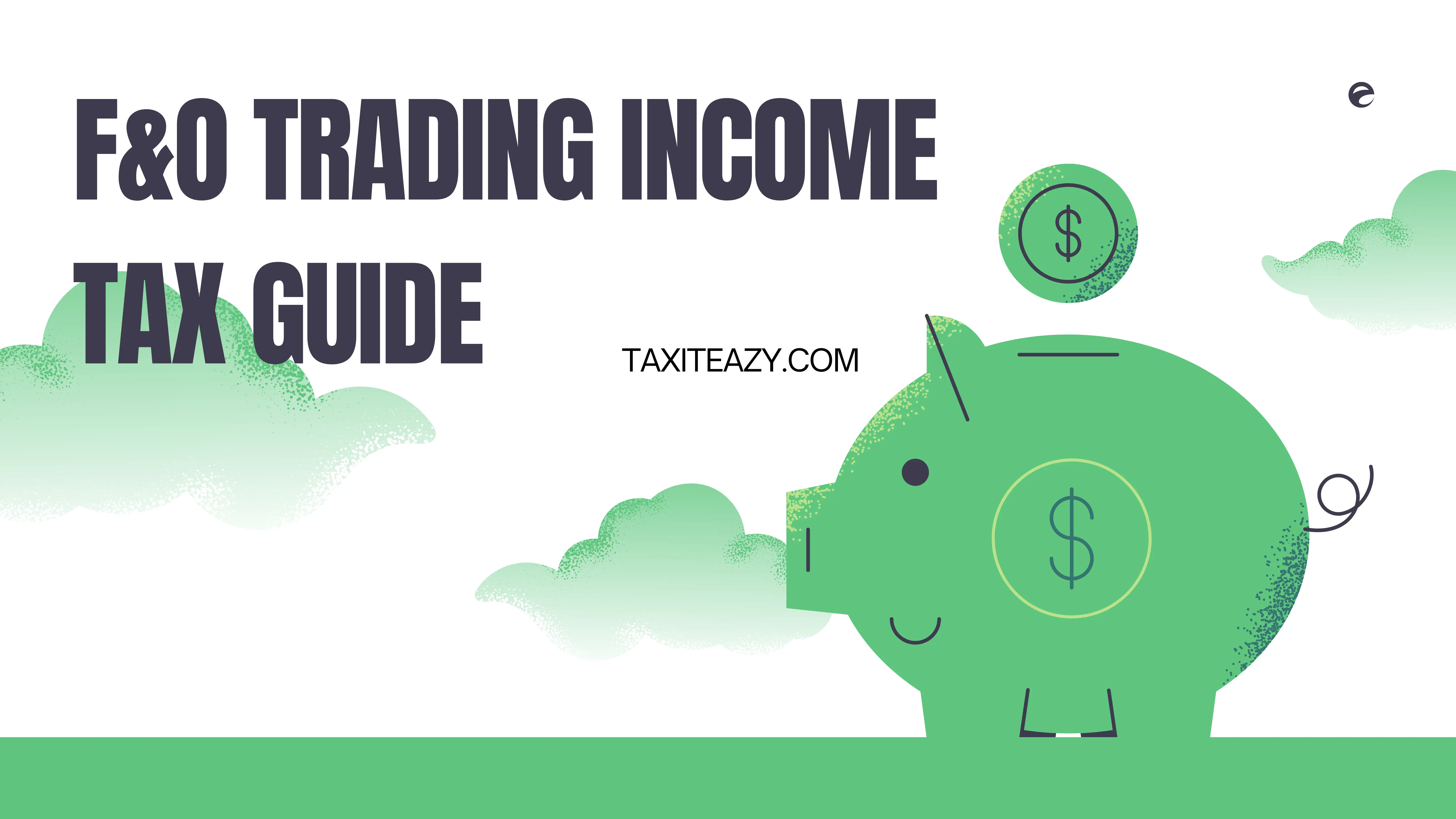
With the rise in online trading, more individuals are venturing into Futures and Options (F&O). However, many traders overlook a crucial aspect—F&O trading income tax. Here’s everything you need to know about taxation, audits, ITR filing, and loss reporting for F&O traders in India.
What is F&O Trading?
F&O trading involves derivatives—contracts whose value is derived from underlying assets like stocks, indices, or commodities. Income from F&O is treated as business income under the Income Tax Act.
Is F&O Income Taxable?
Yes, F&O trading income is taxable under "business income". It must be declared in ITR-3, not under capital gains. You can deduct business expenses like internet, brokerage, and software tools.
When is a Tax Audit Required?
- Turnover exceeds ₹10 crore
- Profit < 6% of turnover (Section 44AB)
- Declaring losses or low profits
In these cases, you must get a tax audit done by a Chartered Accountant (CA).
How is Turnover Calculated in F&O?
Turnover is the absolute sum of profit and loss of all trades during the year. Premiums received and reverse trades also count. E.g., ₹60,000 profit + ₹40,000 loss = ₹1,00,000 turnover.
Can F&O Losses Be Set Off?
Yes. F&O losses can be:
- Set off against other business income in the same year
- Carried forward for 8 years (if ITR filed on time)
Tax Rates on F&O Income
| Income Range | Tax Rate |
|---|---|
| Up to ₹2.5L | Nil |
| ₹2.5L – ₹5L | 5% |
| ₹5L – ₹10L | 20% |
| Above ₹10L | 30% |
Mistakes to Avoid
- Using the wrong ITR form
- Not reporting losses
- Skipping audit when required
- Assuming loss means no need to file
Conclusion
Whether you’re a beginner or a regular F&O trader, knowing the tax rules is key to staying compliant and avoiding penalties. Declare F&O income as business income, claim legitimate expenses, file on time, and seek audit help if needed.



